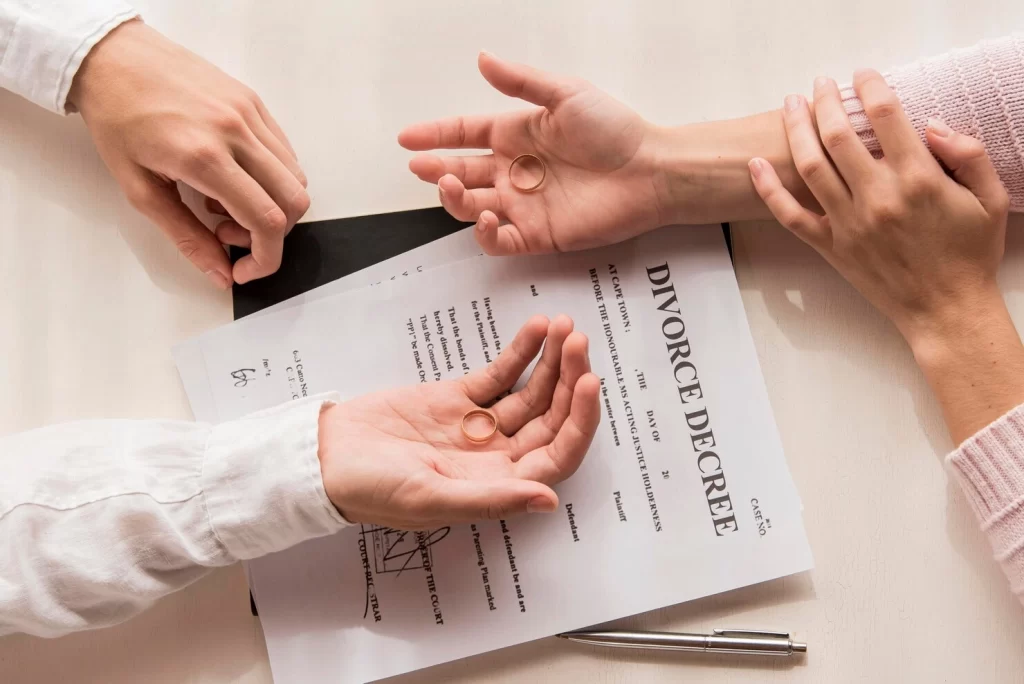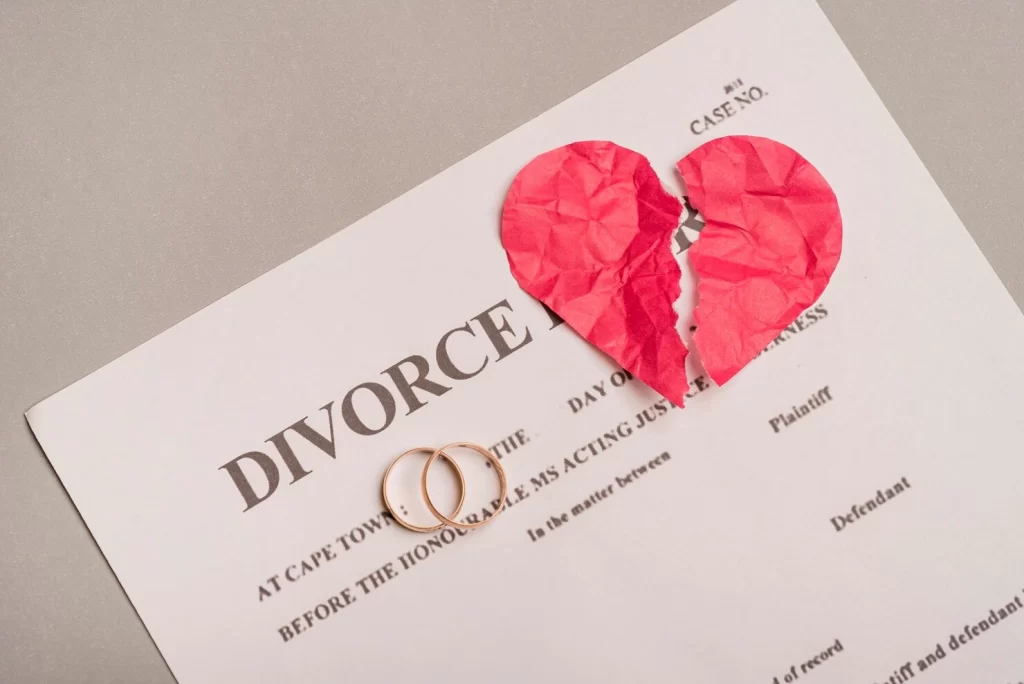What happens if a couple lives together for years, builds a life side by side, and then separates—with no legal protections in place? That’s not just a hypothetical situation. In many of these cases, people assume that long-term cohabitation creates some kind of automatic legal safety net. It doesn’t.
In Texas, including Montgomery County, couples who live together without marrying can be left vulnerable—emotionally and financially—when things go wrong. Whether it’s a breakup, illness, death, or a financial dispute, the absence of legal documentation can lead to outcomes neither person anticipated. That’s where a cohabitation agreement becomes essential.
At Daniel Ogbeide Law, we help couples protect themselves and each other by creating legally sound cohabitation agreements. As a leading family law firm in Houston, we understand the legal risks involved in unmarried relationships and help people take proactive steps to avoid future problems. If you’re living with your partner or considering moving in together, we can help you formalize expectations, protect your rights, and prevent future disputes.
In this article, we’ll break down what a cohabitation agreement is, why it’s so important, how it differs from marriage and common-law arrangements, and when you should speak with a cohabitation agreement lawyer. We’ll also briefly address how this ties into more complicated legal situations like divorce—especially when children or jointly owned assets are involved.
What Is a Cohabitation Agreement?
A cohabitation agreement is a written contract between two people who live together but are not married. It outlines financial and personal arrangements during the relationship and clarifies what will happen if the relationship ends.
Some of the things a well-drafted cohabitation agreement can cover include:
- Division of property acquired during the relationship
- Rights to shared real estate or vehicles
- Financial support during and after the relationship
- Debt responsibilities
- Child custody or support obligations (though courts may still weigh in)
- Health care decisions and access
- Inheritance expectations
Unlike marriage, where certain rights and responsibilities are automatically triggered, cohabitation does not come with built-in legal protections in Texas. That’s why putting your agreement in writing—and making sure it holds up in court—is so important.
Why Should Unmarried Couples Consider One?
Too often, couples don’t think about the legal side of things until the relationship is already strained or over. At that point, sorting out who owns what and who owes what can be painful, expensive, and emotionally charged.
Here are some common issues that can arise without a cohabitation agreement:
- One partner pays more toward a mortgage, but both names are on the deed. Who owns the house?
- A couple shares a bank account or buys property together. What happens if they split?
- One person supports the other financially for years. Is there any compensation or recourse later?
Without an agreement, these disputes are left to general contract and property law—which doesn’t always account for the emotional and practical realities of long-term relationships. A thoughtfully written agreement can provide peace of mind and prevent confusion down the road.
How Is a Cohabitation Agreement Different From Common-Law Marriage?
In Texas, common-law marriage (also known as informal marriage) is recognized—but only under specific conditions:
- The couple agrees to be married.
- They live together as spouses.
- They present themselves to others as a married couple.
This means that simply living together is not enough to establish a common-law marriage. And even when a couple meets the requirements, they may still need to prove it in court if disputes arise. That’s one more reason why a formal agreement can be so valuable.
A cohabitation agreement makes clear that both parties intend to remain unmarried but want to outline legal and financial arrangements while living together. This distinction matters, especially when legal conflicts arise after separation.
When Do You Need to Talk to a Lawyer?

Not all cohabitation agreements are equal. A vague or poorly written one might not hold up in court. It’s critical to work with a cohabitation agreement lawyer who understands how to draft a contract that is specific, enforceable, and fair to both parties.
You should consider speaking with an attorney if:
- You and your partner are buying property together.
- One of you plans to stop working or reduce income to support the household.
- You’re sharing major financial responsibilities or debts.
- Children from a previous relationship are involved.
- One of you has significant assets or liabilities.
Even if you trust your partner completely, a cohabitation agreement is not about predicting failure—it’s about preventing unnecessary hardship and protecting both individuals. It’s a smart move for any couple serious about their shared life.
What About When Things Get More Complicated?
Sometimes a cohabiting relationship breaks down in ways that resemble divorce—especially if there are children or shared property. In those situations, it’s common to encounter disputes over custody, support, or asset division.
If things escalate, you may need more than just a cohabitation agreement; you might also require guidance from a contested divorce attorney, especially in Montgomery County where local courts may weigh heavily on evidence of financial or parenting responsibilities.
That’s why taking action early—before a crisis—can save you both emotionally and financially in the long run.
Thinking About Your Future? Don’t Leave Things to Chance.
What would happen if your relationship ended tomorrow? Would you be protected? Would your partner? These are not easy questions, but they are necessary. A solid cohabitation agreement can give both of you clarity, control, and peace of mind.
At Daniel Ogbeide Law, we know how emotionally complicated relationships can be. That’s why we provide practical, compassionate legal services to help you protect yourself—before things get messy. As a trusted cohabitation agreement lawyer in Montgomery County, we help unmarried couples create fair, enforceable agreements that stand up in court. And if the relationship breaks down, our team is also equipped to support you through separation, custody disputes, or even contested divorce proceedings.
Don’t wait for a disagreement to start thinking about your legal rights. Contact Daniel Ogbeide Law today to schedule a consultation and find out how we can help protect your future. We’re here to make sure you’re never left without a plan.




















